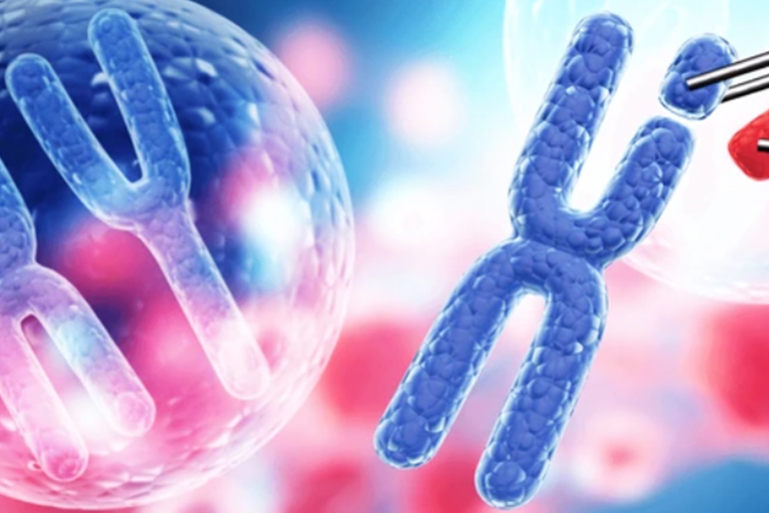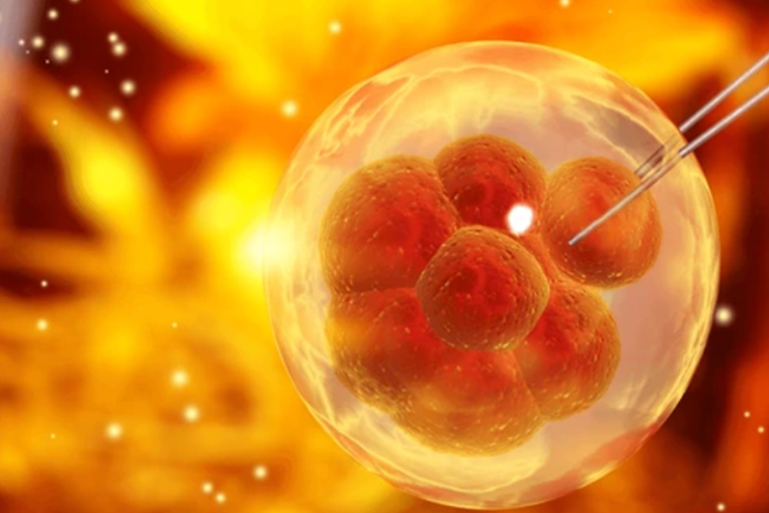Cells Manipulation for disease treatment
In our laboratory, cell manipulation is a critical process used to enhance the efficacy of cell therapies for treating various diseases. This involves a range of advanced techniques aimed at modifying the behavior, function, and characteristics of cells to achieve the desired therapeutic outcomes. One common type of cell manipulation is gene editing, where specific genes within cells are altered or replaced using technologies like CRISPR/Cas9. This allows us to correct genetic defects, introduce beneficial traits, or enhance the cells’ natural ability to fight diseases.Another form of manipulation is cell differentiation, where stem cells are guided to develop into specific cell types that can replace damaged tissues or organs. This is particularly important in regenerative medicine, where the goal is to restore function in patients with conditions such as spinal cord injuries, heart disease, or neurodegenerative disorders. We also perform cell expansion, a process in which the number of therapeutic cells is increased in vitro while maintaining their functionality and potency. This ensures that there are sufficient cells available for effective treatment. Additionally, our laboratory engages in immune cell engineering, where immune cells like T cells and NK cells are modified to enhance their ability to recognize and attack cancer cells or other pathological conditions. Lastly, we employ biochemical manipulation, adjusting the microenvironment in which cells are cultured by adding specific growth factors, cytokines, or other signaling molecules to optimize cell growth and therapeutic potential. These manipulation techniques enable us to produce highly specialized and effective cell therapies, tailored to meet the unique needs of patients and offering promising new avenues for the treatment of a wide range of diseases.


